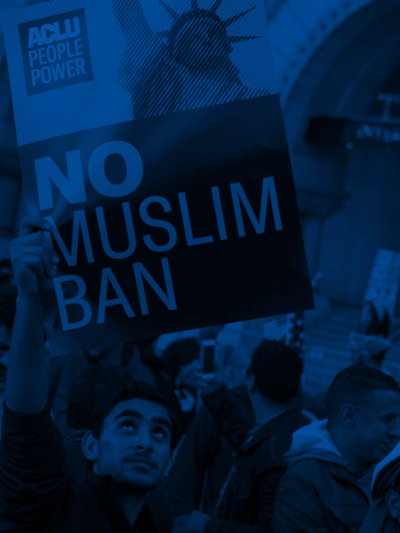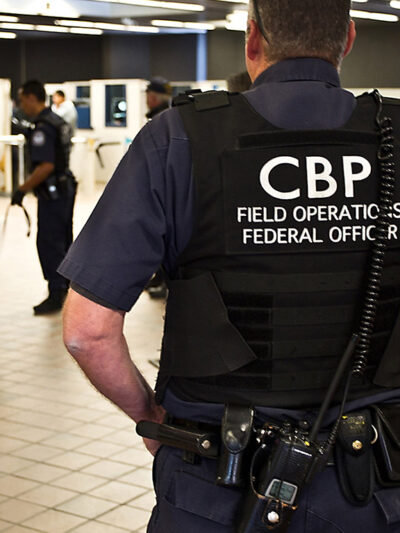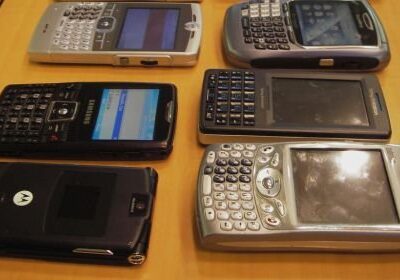News & Commentary
We Sued CBP to Release Records About How It Enforced the Muslim Ban in Florida
Despite the historic judicial defeat for civil rights in Trump v. Hawaii, the fight against the Muslim ban continues. Floridians should mobilize again to tell their representatives in Congress to rescind the Muslim ban.

Miami-Dade’s ICE 'Detainer' Program Shows Why SB 168 Is a Bad Bill
U.S. citizens cannot be deported or held by immigration authorities. And yet we know that federal agents working for U.S. Customs and Immigration Enforcement, or ICE, have been indiscriminately targeting them on a regular basis. SB 168 would lead to countless U.S. citizens being held for ICE.

Trump’s Labor Department Wants to Drug-Test Applicants for Unemployment Benefits
If the Department of Labor issues a final rule that encourages states to drug test the unemployed, states should know better. We successfully challenged Florida’s mandatory drug testing for those seeking Temporary Assistance for Needy Families (TANF).

Victory for Privacy as Deadline for Florida to Appeal Welfare Urinalysis Case to Supreme Court Expires
Gov. Rick Scott’s drug testing crusade comes to an end as state decides not to challenge appeals court ruling finding mandatory suspicionless government searches of TANF applicants unconstitutional
By admin

Federal Court in Miami Rules on One of the Major Outstanding Constitutional Privacy Questions of Our Time
By Nate Freed Wessler, Staff Attorney, ACLU Speech, Privacy & Technology ProjectIn a tremendous step forward for our right to privacy under the Fourth Amendment, the Eleventh Circuit Court of Appeals has held in United States v. Quartavious Davis that police need a warrant to obtain historical cell phone location information from a cell service provider. The ACLU filed an amicus brief in the case, along with the ACLU of Florida, Electronic Frontier Foundation, Center for Democracy & Technology, and National Association of Criminal Defense Lawyers. In April, I argued the cell phone tracking issue before a three-judge panel of the court.This ruling is the first time a federal appeals court has held that the Fourth Amendment requires a warrant when police seek cell phone location records from carriers. As the court concluded: “In short, we hold that cell site location information is within the subscriber’s reasonable expectation of privacy. The obtaining of that data without a warrant is a Fourth Amendment violation.”
By Guest Blog- ACLU National

Stay Informed
Sign up to be the first to hear about how to take action.
By completing this form, I agree to receive occasional emails per the terms of the ACLU’s privacy statement.
By completing this form, I agree to receive occasional emails per the terms of the ACLU’s privacy statement.
